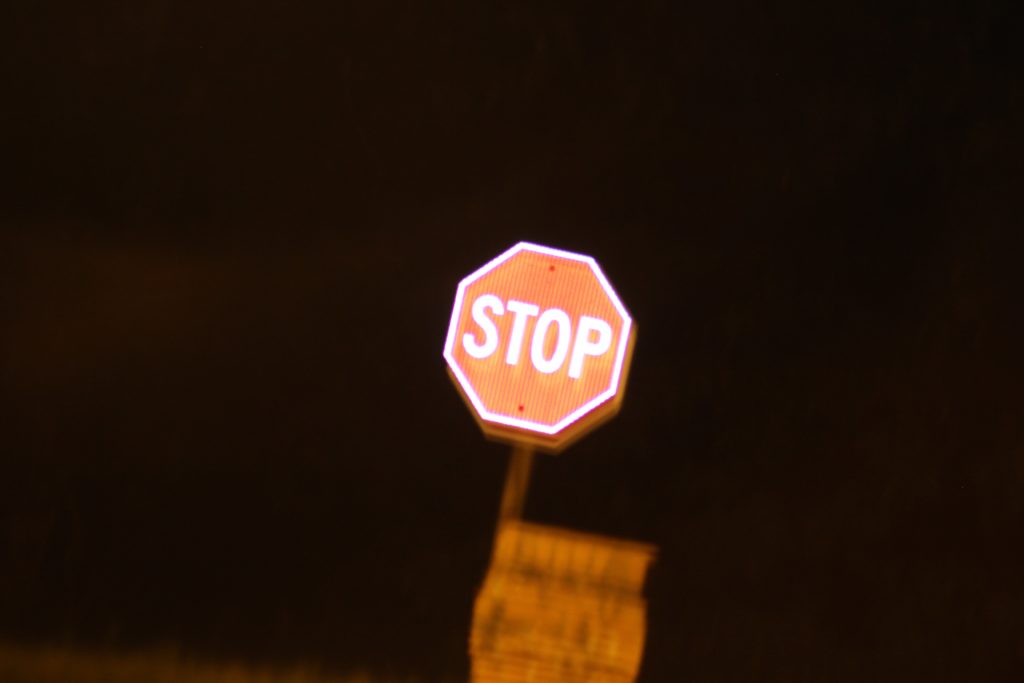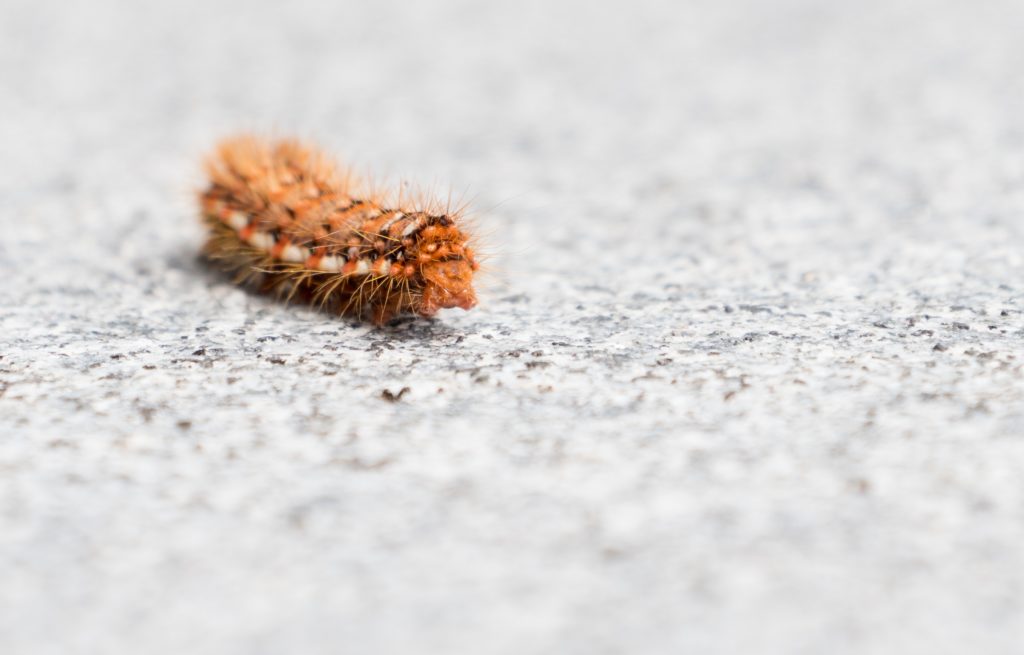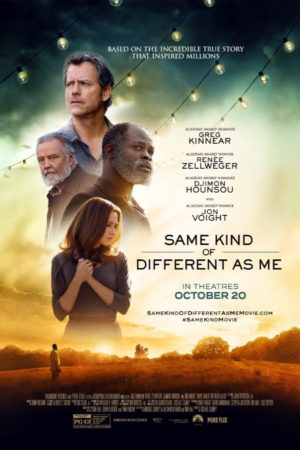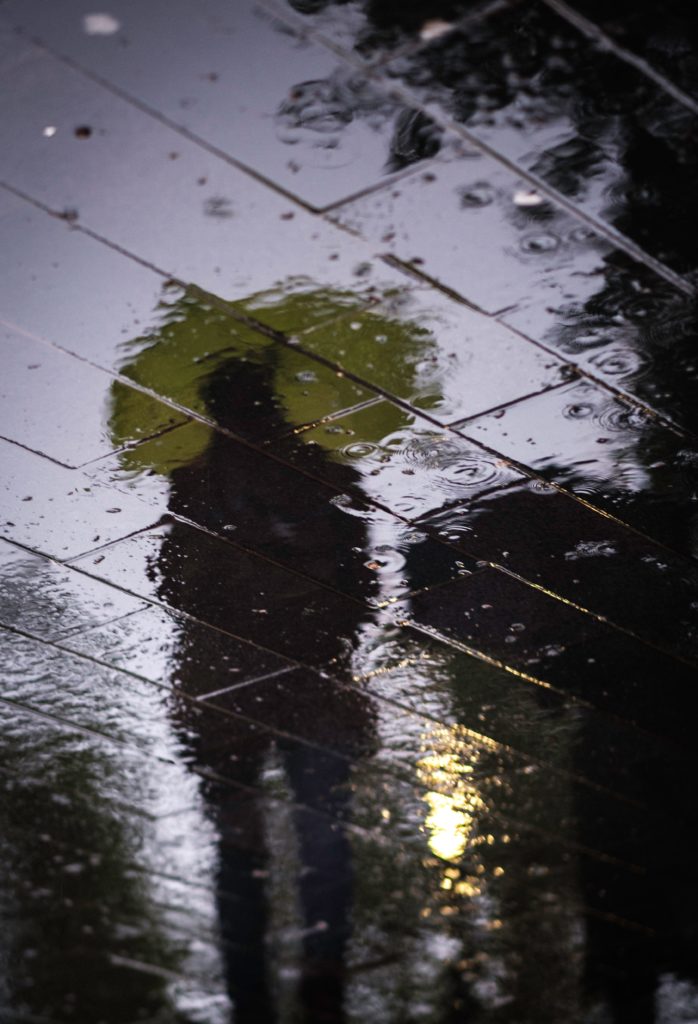It’s been a couple of months since I wrote a few posts about S-words I’d been pondering. Here’s another one in the series. You can find them all here.
Phil and I were on our way to breakfast in a part of the city we hadn’t yet explored. The promise of trying out a new restaurant combined with a one-week-only special motivated our adventure. I delayed my coffee consumption while my mouth watered thinking about the omelet I would order.
We pulled onto a typical city side street, narrow, two lanes of traffic, one in each direction and stopped in a line of cars for a bus that had its sign out, red lights flashing. This was not the same kind of bus we’d just put our children on 20 minutes before. This was a “short bus” as we used to call it in school. Now, I’m not even sure how to describe it otherwise, except it is the transportation for the kids with disabilities. We watched as a child in a motorized wheelchair was loaded into the bus, as the bus driver exited the vehicle while the mother watched from the sidewalk, as the bus driver situated herself in the driver seat and buckled before pulling in the stop sign and continuing on down the road.
The whole thing took a few minutes at most. I wasn’t watching the clock, but traffic piled up in both directions. For those few minutes, wherever we were previously headed was pointless. We were stopped. For good reason. And not one of us could pretend that the world is made up of only abled-children and “perfect” families because the truth was literally stopping us in our tracks.
The rest of us went about our days. Phil and I ate a breakfast that didn’t disappoint. But I couldn’t stop thinking about that bus. About the mother and the driver and the children. Would I have noticed them at all if I hadn’t been forced to stop and watch?
—
I’m in the middle of teaching a class at my church about spiritual practices and it is terrifying and stretching and awkward, mostly because I am a writer and the words make more sense when I can see them rather than when I say them.
This week, we learned together about the contemplative tradition of spiritual life, a tradition that focuses on prayer and paying attention and noticing things we might otherwise miss. Like the disabled kids and their families and the school bus driver who serves them daily. The things we miss because we are busy and in a hurry and focused on tasks. Multiple tasks.
I am guilty of these things. And I am not alone.
I’m increasingly concerned (maybe because I’m getting older) about the rush while driving. Near our house, there’s an intersection that backs up during the early evening hours, and those who want to turn right often ride the narrow shoulder to reach the turn lane so they don’t have to wait for the cars in front of them to move. I do this, too, sometimes, but if traffic is backed up to a certain point, I won’t do it. One time, as I waited in the long line of cars, half a dozen others passed me on the right side, in what I considered somewhat dangerous moves. When it was our turn to move, we had waited no more than a minute before we could reach the turn lane.
One minute. We are in such a hurry these days that we cannot sit in a line of traffic for even one minute. We have to go. And go. And go.
—
Sometimes we do stop, but even then, we are looking at our phones or (my personal favorite) reading a book. I constantly have my face in a book, especially if I’m waiting. I am often too distracted to notice the people, the animals, the world around me, too intent on my to-do list to take time to notice something.
One morning, I felt like I had so much to do that my soul was overwhelmed and I was anxious before the day had begun. I decided to take a walk to the park, taking only a few things with me, including a notebook. I sat on a bench, surrounded by ducks, who at first fled at my arrival but who gradually resumed their waddling after I’d been sitting for long enough. I watched a heron for close to half an hour as it sat perched next to the water. It wasn’t fishing or flying or bathing. It was just being, and I envied it.
Acorns dropped from the trees right next to me. The ducks talked to each other in their language. A breeze rustled the leaves slightly, and the still water was only disturbed by the ducks entering and leaving the pond. Nature was noisy that morning, and I was quiet enough to hear it. When a truck rumbled by and the trailer hit a pothole, the heron took off, the ducks quacked their displeasure, and a woman walking by lamented the big bird’s departure.
I am a fan of walking through parks and woods, but sometimes even walking is too much motion to notice what is going on.
Just the other day, while picking tomatoes in the garden, an orange wooly caterpillar caught my eye. I watched it sink along a green stalk of a weed, surprised by how fast it was moving. The next day, a preying mantis perched on a chair on our porch. We watched it watch us. Later in the week, in the park, a katydid crossed our path.
All of it is so easy to miss. And so simple to really see.
—
It takes slowing down and paying attention and turning to the right or left, or casting a glance up or down. It takes stopping, sometimes, taking it all in.
But it’s a fight against the forces–internal and external–that tell us if we’re not moving, we’re not doing. The voices that say sitting and stopping and standing are signs of doing nothing. We risk being called lazy or daydreamers if we stop what we’re doing to stare at the sky, looking for shapes in the clouds or gazing at the stars.
Who has time for such things when the world spins rapidly around us?
I’m increasingly convinced that to not have time for them is detrimental to body, mind and soul. Our bodies were not made for nonstop doing. Our souls were not made to rush. I find that if I am negligent in this practice, my body will let me know. I will be forced to stop for a day or a week or longer, due to illness or injury. Choosing to stop is far preferable.
When is the last time you stopped to notice something?














